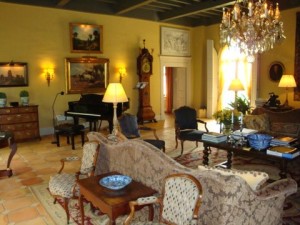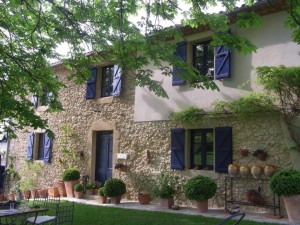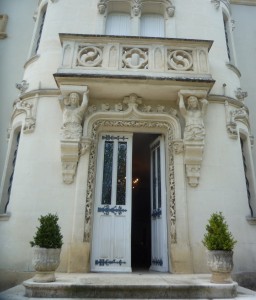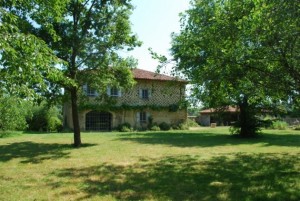What constitutes fixtures and fittings in a French property sale?
There is no clear legal definition in France between fixtures and fittings in a property sale which can cause last-minute complications between buyer and seller.
In fact, very often in France, seller and buyer leave unstated exactly what is to be included in the sale. This doesn’t always cause problems and sometimes, the buyer can be pleasantly surprised at just what the seller has left behind. On the other hand, it can come as a shock to arrive in your new home and discover that the whole kitchen has been removed (including the kitchen sink) which does happen or that not a single light fitting remains – more irritating than anything but not welcome if you happen to arrive in your new home in the evening.
The result is that when buyers move into their new home, they sometimes feel short-changed about the extent to which the property has been stripped of what they considered to have been ‘fixtures’. Fitted bedroom furniture and kitchens in particular are often a source of uncertainty in law and between buyer and seller.
Another potential grey area concerns wood burners, particularly if the wood burner itself is removed, and the flue left in situ. The same level of uncertainly applies to garden sheds that may not be built on a concrete foundation.
So the golden rule in these matters is to ensure that the sale contract makes clear just what is to be left in the property, something I always insist on for clients.
Recently I was doing a final check of a property before signing the Acte de Vente on behalf of a client in Australia when I noticed that the lawn tractor agreed in the deal appeared to have aged considerably since I last saw it. Luckily I had taken photos and was able to check back and discover that indeed not only was the tractor in the shed much smaller and in far worse condition than the one in the photo but it was also a completely different make. Of course, this wasn’t too difficult to sort out and as soon as I had told the Notaire that I wouldn’t be signing until the agreed tractor had reappeared, sure enough it was back in the shed within the hour and we could complete the deal but I was certainly glad that I had compiled a list of goods included in the sale and also had photographic evidence.
In addition, if fittings are to be left in the property, then another advantage of making a separate inventory of such items in the sale contract is that their value can be reduced from the purchase price of the property, which in turn reduces the level of fees and taxes payable to the Notaire. As ever, it is best to have a professional on your side.









You must be logged in to post a comment.